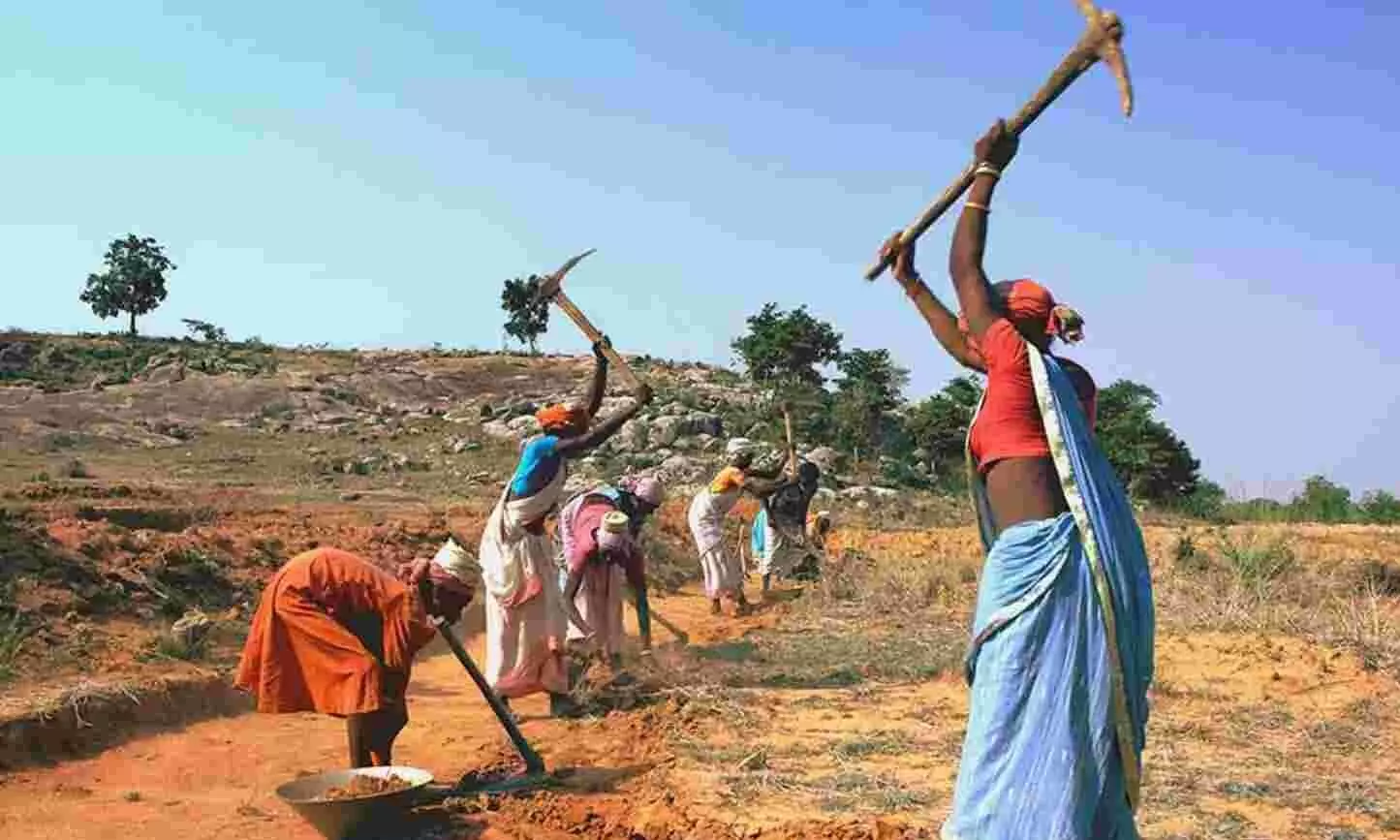Finetuning justice
In sync with constitutional rights and international covenants, due emphasis should be accorded to legal frameworks and their grassroots implementation to combat workplace sexual harassment in remote areas

Do you know because of whom this movement for the prevention of sexual harassment was started? It was owing to a rural woman, Bhanwari Devi, who is the basic reason for the Supreme Court ruling against sexual harassment at the workplace, well known by the name of the Vishakha case, way back in 1997. Pursuant to this, the Prevention of Sexual Harassment of Women at Workplace (Prevention, Prohibition, and Redressal) Act, 2013 was formulated.
To tackle workplace sexual harassment crimes in India, the POSH Act has been promulgated. However, the full potential of this Act will be achieved when these provisions are strictly implemented at the grassroots level, such as at places like construction sites, small-scale factories, gig and platform workers, casual, daily wagers, contract labourers, etc.
The Apex Court and High Courts have time and again held that the fundamental right to carry on any occupation, trade, or profession depends on the availability of a safe working environment. The right to life means life with dignity. And this stands true for establishments and workers at the grassroots level. According to Article 39(a) of the Constitution, the State shall, in particular, direct its policy towards securing that citizens, men and women equally, have the right to an adequate means of livelihood. Article 14 provides for equality before the law or equal protection of the laws within the territory of India. Article 15 of the Constitution of India forbids discrimination inter alia on grounds of gender. Protection of Human Rights also acknowledges women’s right to protection from sexual harassment.
It is suggested that regular inspections be done in remote areas, including women inspectors visiting door to door regularly and recording such visits, which could be kept confidential. Stricter punishments would also create a deterrent. The Government of India in the past couple of years has made several concrete efforts for women's empowerment. The Women Helpline (WHL) Scheme provides 24-hour emergency and non-emergency response to women affected by violence, both in public and private spaces, by linking them with appropriate authorities such as the police, legal services, etc. This too can be used for a complaint under the POSH Act, as the Act mandates assisting women in case they want to make a criminal complaint. There can be further stipulations of mandatory visits by labour inspectors. Since such stipulations might discourage women employment, there could be a reservation made for women in such employments.
The Constitution of our country enshrines equality for all citizens, prohibiting discrimination on the grounds of gender, as well as empowering the State to make special provisions in favour of women and children. The Centre has come up with many innovative ideas such as the Lakhpati Didi scheme, empowering women in rural areas by encouraging them to start micro-enterprises and providing training in various skills, enabling them to earn a sustainable income. Similarly, providing them with basic training in laws in the remotest parts of the country, including through web portals, would further enhance their development. It may be mentioned here that the POSH Act also mandates conducting training; however, such trainings seldom reach remote areas and are restricted to big corporate rooms.
Officials in remote areas also need to be educated that non-compliance with the POSH Act has serious consequences, including the cancellation of registration/license of establishments, apart from monetary penalties. The POSH Act inter alia talks about creating an internal complaint committee. Generally, remote locations lack such committees. It needs to be ensured that specific committees are formulated in remote areas and information about them is duly provided to women. Where employees are fewer than ten, the Act provides for the setting up of a Local Committee in every district.
The International Covenants on Economic, Social, and Cultural Rights contain several provisions, particularly relevant and concerning women. It recognizes their right to fair conditions of work and states that women shall not be subjected to harassment in the workplace and that such conditions may vitiate the working environment.
Rural areas, over several years, have strengthened the rest of the country in many ways, including the case of Bhanwari Devi. Government bodies at various levels are doing their best to support them. While there has undoubtedly been remarkable progress, some more practical steps will help various states achieve their full potential.
The writer is a practising Advocate in Supreme Court and High Court of Delhi. Views expressed are personal




